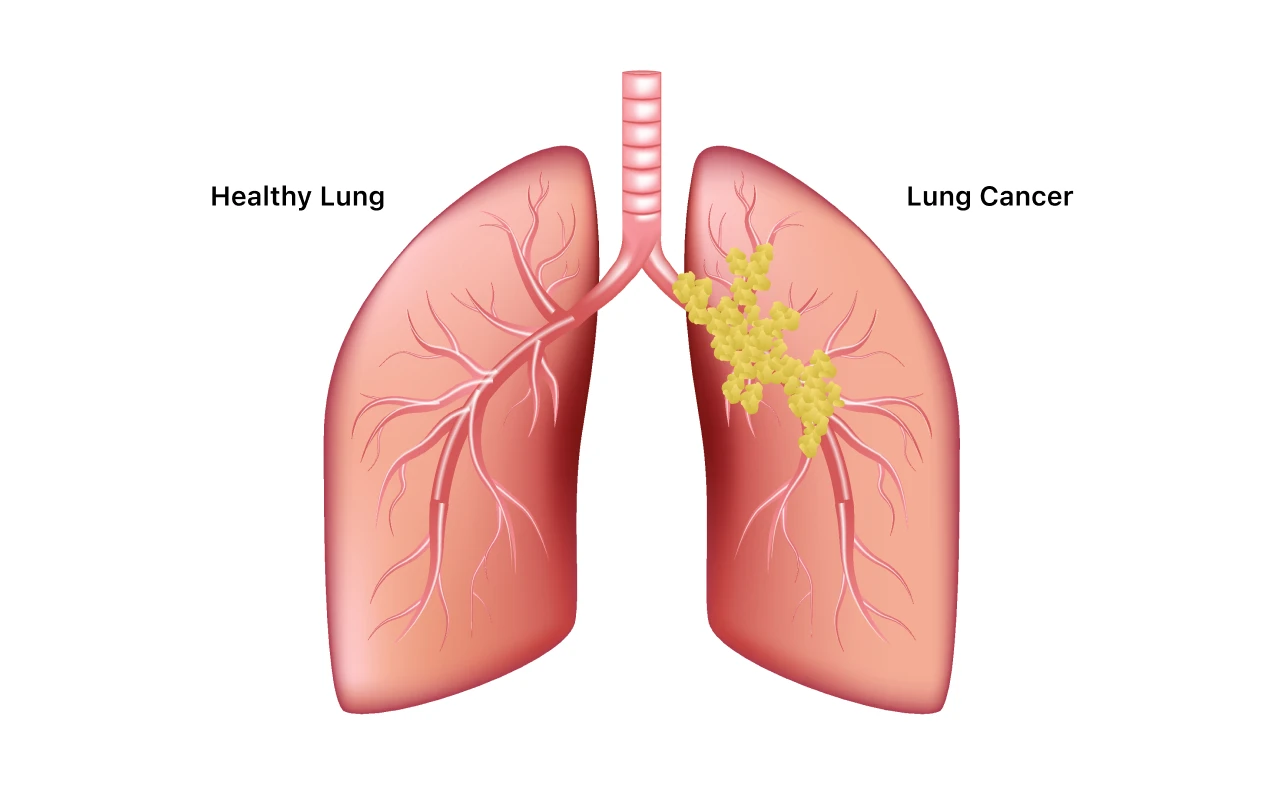ICD 10 Code for Lung Cancer: A Comprehensive Guide

Lung cancer is one of the most common and deadly types of cancer worldwide. If you or someone you know has been diagnosed, understanding medical codes like the ICD 10 code for lung cancer can be incredibly helpful. But what exactly is this code, and why does it matter? Let’s dive into it.
What is an ICD 10 Code?
Before we jump into the specifics of lung cancer, let’s break down what an ICD 10 code is.
The International Classification of Diseases, Tenth Revision (ICD-10), is a standardized system used globally to classify diseases, symptoms, and medical procedures. These codes ensure that healthcare providers, insurance companies, and researchers are all speaking the same language when it comes to diagnoses and treatments.
For example, if a doctor diagnoses a patient with lung cancer, they’ll use a specific ICD 10 code to document the condition. This code is not just a bunch of random numbers and letters—it holds critical information.
The ICD 10 Code for Lung Cancer
The main ICD 10 code for lung cancer is C34. However, this code is further divided into more specific subcategories to pinpoint the exact type and location of the cancer. Here’s a breakdown:
| ICD 10 Code | Description |
|---|---|
| C34.0 | Malignant neoplasm of main bronchus |
| C34.1 | Malignant neoplasm of upper lobe, lung |
| C34.2 | Malignant neoplasm of middle lobe, lung |
| C34.3 | Malignant neoplasm of lower lobe, lung |
| C34.8 | Overlapping sites of lung |
| C34.9 | Malignant neoplasm of unspecified part |
Each subcategory provides a more detailed diagnosis, which can be essential for treatment planning and insurance claims.
Why Do ICD 10 Codes Matter?
Understanding the ICD 10 code for lung cancer isn’t just for doctors or billing experts. It matters to you, too. Here’s why:
- Insurance Claims: These codes are essential for processing insurance claims. If the wrong code is used, your claim might be delayed or denied.
- Treatment Plans: Accurate coding helps ensure that patients receive the correct treatments based on their specific diagnosis.
- Research and Statistics: ICD 10 codes contribute to global data on diseases, helping researchers track trends and develop better treatments.
Types of Lung Cancer and Their Codes
Lung cancer is not a one-size-fits-all diagnosis. There are different types, and each may have its own code. Here are the main types:
1. Non-Small Cell Lung Cancer (NSCLC)
This is the most common type of lung cancer. Subtypes include:
- Adenocarcinoma
- Squamous cell carcinoma
- Large cell carcinoma
These types are generally coded under the C34 category but may require additional codes for specificity.
2. Small Cell Lung Cancer (SCLC)
This aggressive type of lung cancer is also categorized under C34 but often requires further clarification through medical records.
3. Metastatic Lung Cancer
When lung cancer spreads to other parts of the body, it is referred to as metastatic lung cancer. This often requires additional ICD 10 codes to indicate the secondary cancer sites. For instance:
- C78.0: Secondary malignant neoplasm of lung
- C79.3: Secondary malignant neoplasm of brain (if it spreads to the brain)
Metastatic cancer coding highlights the complexity of lung cancer diagnoses.
Symptoms and Diagnosis of Lung Cancer
Recognizing lung cancer early can save lives. Common symptoms include:
- Persistent cough
- Shortness of breath
- Chest pain
- Unexplained weight loss
- Coughing up blood
Doctors may use various diagnostic tools like imaging scans, biopsies, and lab tests to confirm the presence of lung cancer and determine its stage. Accurate diagnosis ensures the correct ICD 10 code is assigned.
How to Use ICD 10 Codes in Real Life
Now that you know the basics, how can you use this knowledge?
1. When Talking to Your Doctor
Ask your doctor about the exact ICD 10 code for your diagnosis. This ensures you’re on the same page and helps you understand your condition better.
2. For Insurance and Billing
Double-check that the ICD 10 code on your medical bills matches your diagnosis. Errors in coding can lead to headaches with insurance companies.
3. In Researching Your Condition
Use the ICD 10 code to find accurate and reliable information online about your specific type of lung cancer.
4. Advocating for Yourself
Knowing the exact ICD 10 code can empower you to ask informed questions about your care plan, ensuring you receive the most appropriate treatment.
Common Questions About ICD 10 Codes for Lung Cancer
Q: Can one diagnosis have multiple ICD 10 codes?
A: Yes! For example, if lung cancer has metastasized to other organs, additional codes will be used to document these secondary conditions.
Q: Are ICD 10 codes the same worldwide?
A: Mostly. While the core system is standardized globally, some countries may have slight modifications.
Q: How often do ICD codes change?
A: The ICD system is updated periodically. It’s currently in its 10th revision, but updates and refinements happen regularly to keep up with medical advancements.
Tips for Navigating the Healthcare System
- Keep Records: Always keep a copy of your medical records, including the ICD 10 codes used in your diagnosis.
- Ask Questions: Never hesitate to ask your healthcare provider for clarification about your diagnosis and its corresponding code.
- Be Proactive: Use online tools and resources to learn more about your condition and its treatment options.
Final Thoughts
Understanding the ICD 10 code for lung cancer (C34 and its subcategories) is more than just medical jargon—it’s a key piece of the healthcare puzzle. Whether you’re navigating a diagnosis, handling insurance claims, or diving into research, knowing these codes can make the journey a little smoother.
So, the next time someone brings up ICD 10 codes, you can confidently say, “I’ve got that covered!” And remember, while this article provides valuable insights, always consult with your healthcare provider for the most accurate and personalized information.
Read more: